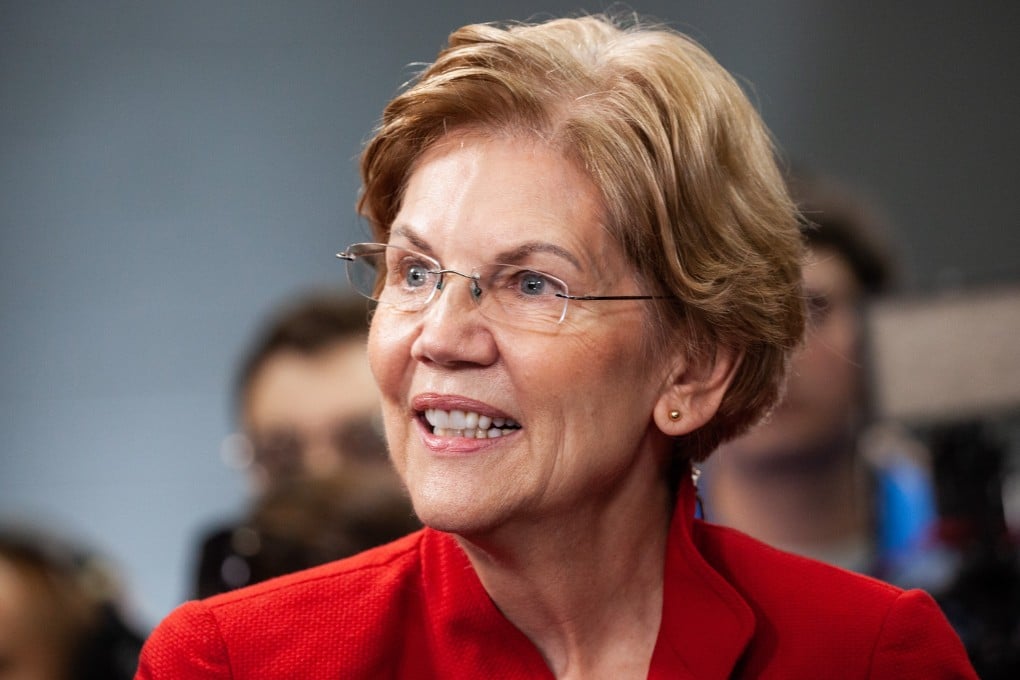Advertisement
Opinion | The problem with world trade is not tariffs, but too much globalisation. Can Elizabeth Warren fix it?
- Trade policy in the US and advanced economies has been driven by globalisation and corporate interests, and left behind communities. With Warren, the US may be able to reimagine trade policy in the interests of society
Reading Time:4 minutes
Why you can trust SCMP

US President Donald Trump’s on-and-off trade war against China added ominous clouds of uncertainty to the world economy in 2019, raising the prospect of a significant global economic downturn. His erratic and bombastic style made a bad situation worse, but the US-China trade war is a symptom of a problem that runs much deeper than Trump’s atavistic trade policies.
Advertisement
Today’s impasse between these two economic giants is rooted in the faulty paradigm I call “hyper-globalism”, under which the priorities of the global economy receive precedence over the priorities of the home economy. According to this model for the international system, countries must maximally open their economies to foreign trade and investment, regardless of the consequences for their growth strategies or social models.
This requires that national economic models – the domestic rules governing markets – converge considerably. Without such convergence, national regulations and standards will appear to impede market access.
They are treated as “non-tariff trade barriers” in the language of trade economists and lawyers. China’s admission to the World Trade Organisation was predicated on the assumption that China would become a market economy similar to Western models.
This has clearly not happened. Meanwhile, in the United States and many other advanced economies, hyper-globalism has left behind communities devastated by offshoring and imports – creating fertile ground for nativist political demagogues to thrive.
US trade policy has long been shaped by corporate and financial interests, enriching those groups while contributing to the erosion of middle-class earnings. It is now clear that we need a new narrative on trade, one that recognises globalisation is a means to national prosperity, not an end in itself.

Advertisement
